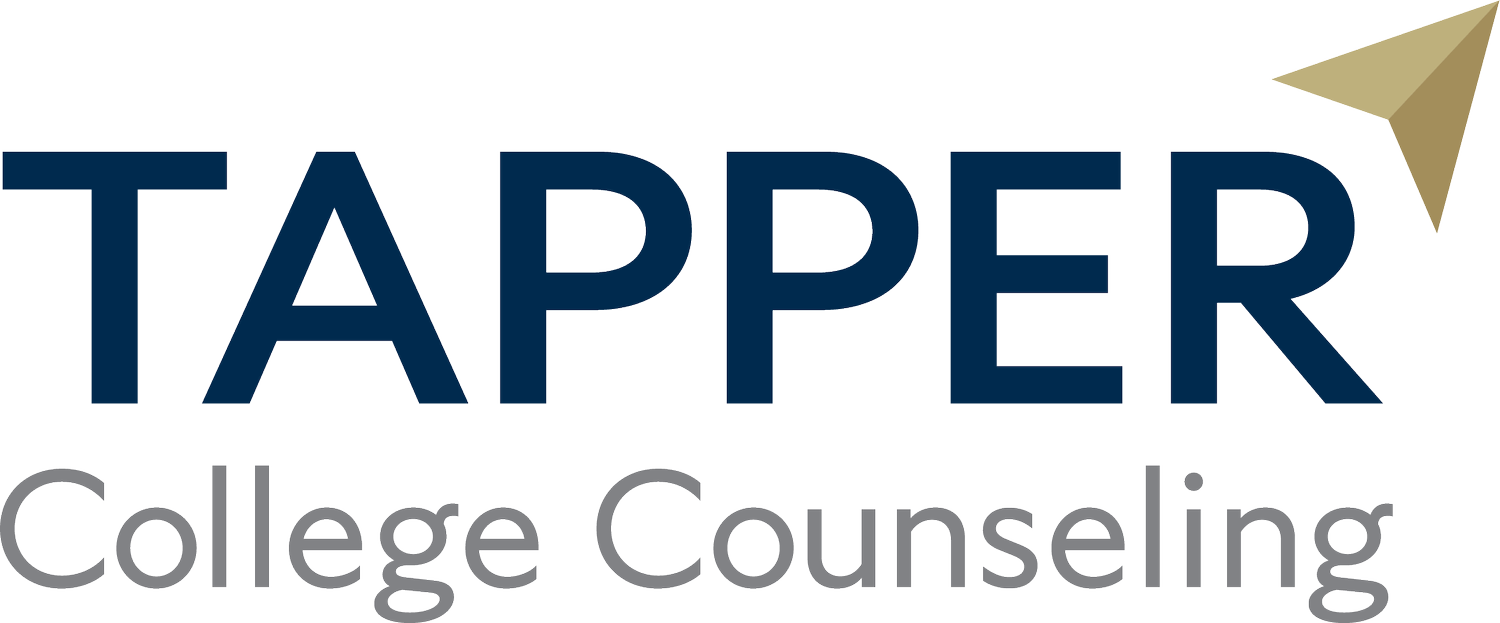Back‑to‑School Strategy for Rising Juniors and Seniors: Focusing on Rapport with Teachers and Counselors
When colleges need to decide between similarly qualified applicants, recommendation letters from teachers and counselors often tip the scale—especially for more selective colleges engaging in holistic application review, where students’ personal qualities are key. The content of those letters is shaped by your day-to-day interactions, especially during junior and senior years.
Teachers: Key Allies in Your Academic Journey
A strong rapport with teachers pays dividends well beyond higher grades. Studies show that positive teacher‑student relationships boost engagement, improve confidence, and encourage help‑seeking behavior. When a teacher knows you, you are more comfortable asking questions, tackling challenging material, and recovering from mistakes. You will also get better teacher recommendations. Follow your school’s timeline and procedure (e.g., brag sheets and/or resumes) for requesting teacher recommendations, which typically occurs in the spring of junior year. Unless your school has a different system, it’s best to ask in person and follow up via email.
Here are some daily habits that build authentic connections:
Engage in class by asking clarifying or probing questions and providing insightful responses; show curiosity without monopolizing class time.
Visit office hours, especially before major tests or assessments. Arriving with specific questions demonstrates preparation and respect for the teacher’s time.
Ask teachers for enrichment suggestions such as books, extracurricular activities, competitions, or research topics.
Express genuine appreciation at semester’s end. Mention a lesson, project, or lab that stretched you—specific feedback reminds teachers of your growth.
School‑Based Counselors: Providing Context and Support
Your school counselor’s recommendation form and the school report form provide context to your application by explaining the school’s curriculum offerings and grading policies, as well as your personal qualities, academic achievements, extracurricular involvement, and any life circumstances that influenced your performance. Many counselors manage several hundred students, so taking the initiative is essential. In addition, school-based counselors interact with college admissions officers during visits to the high school and at regional or national conferences. School counselors may also exchange calls or emails with college admissions officers, though the frequency varies by college and high school. Though college policies vary, high school counselors can sometimes advocate for students on an informal basis beyond the required recommendation and school report forms—for instance, by reaching out to admissions officers when appropriate. Thus, having a strong rapport with your school-based counselor can only help you.
Below are some ways to stand out:
Introduce yourself when you are assigned to your counselor. A brief office or hallway conversation can make you more than just a name on a roster.
Check in regularly with your school-based counselor in addition to following your school’s required or recommended processes; when offered time to meet with your school counselor, take advantage of these opportunities.
Seek your high school counselor’s perspective on course selection, extracurricular balance, and colleges you are considering. They know your school and can offer helpful advice. School-based counselors also appreciate and become more invested in students who involve them in the college planning process.
Do you have questions about forging connections with teachers and counselors?
When the school year begins, start—or continue—building relationships with your teachers and counselor. Have questions about building rapport with teachers and counselors or any other part of the college‑planning process? Although my Class of 2026 roster is full, I’m accepting clients in the Classes of 2027 and later. You can contact me here.

